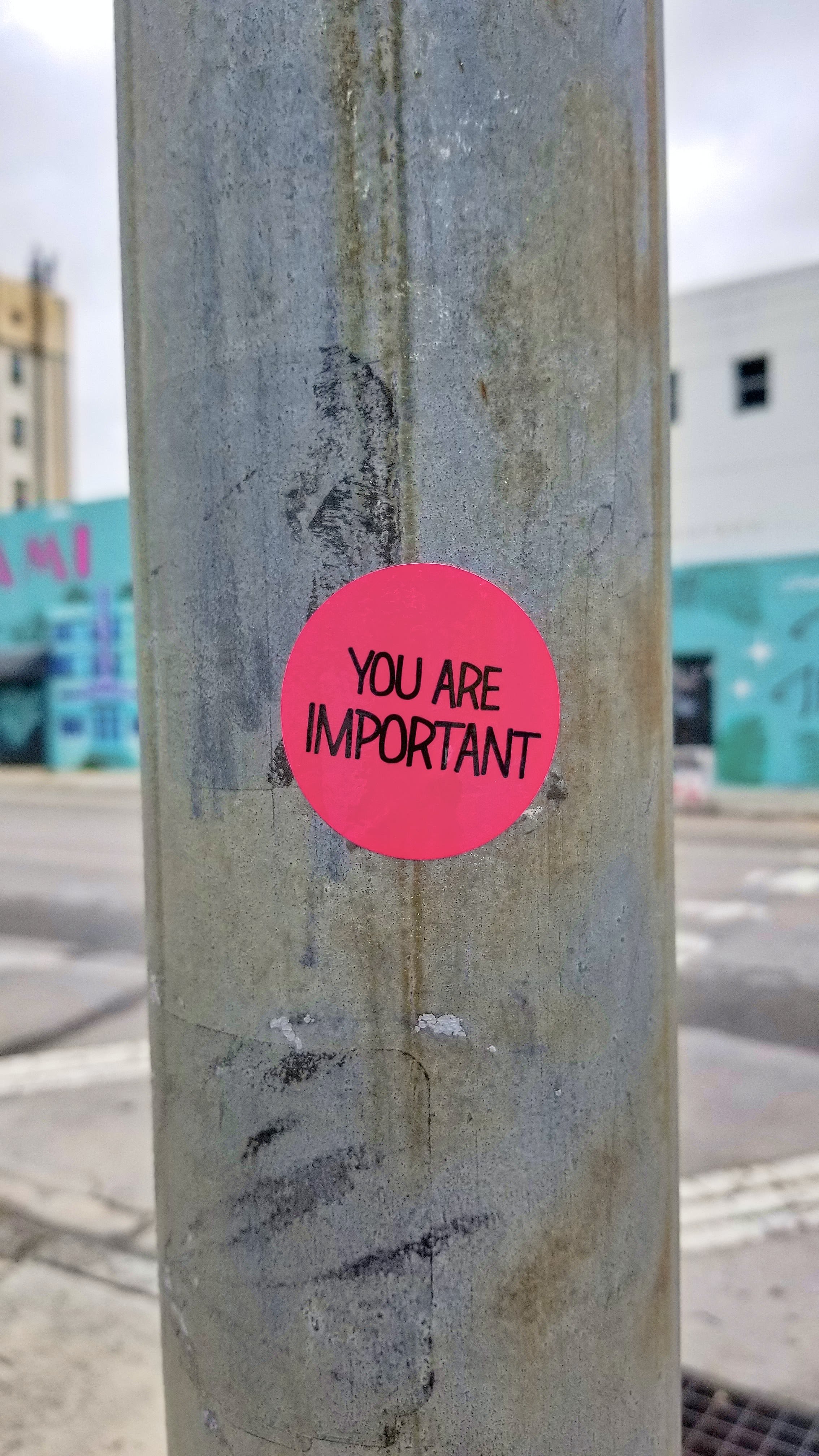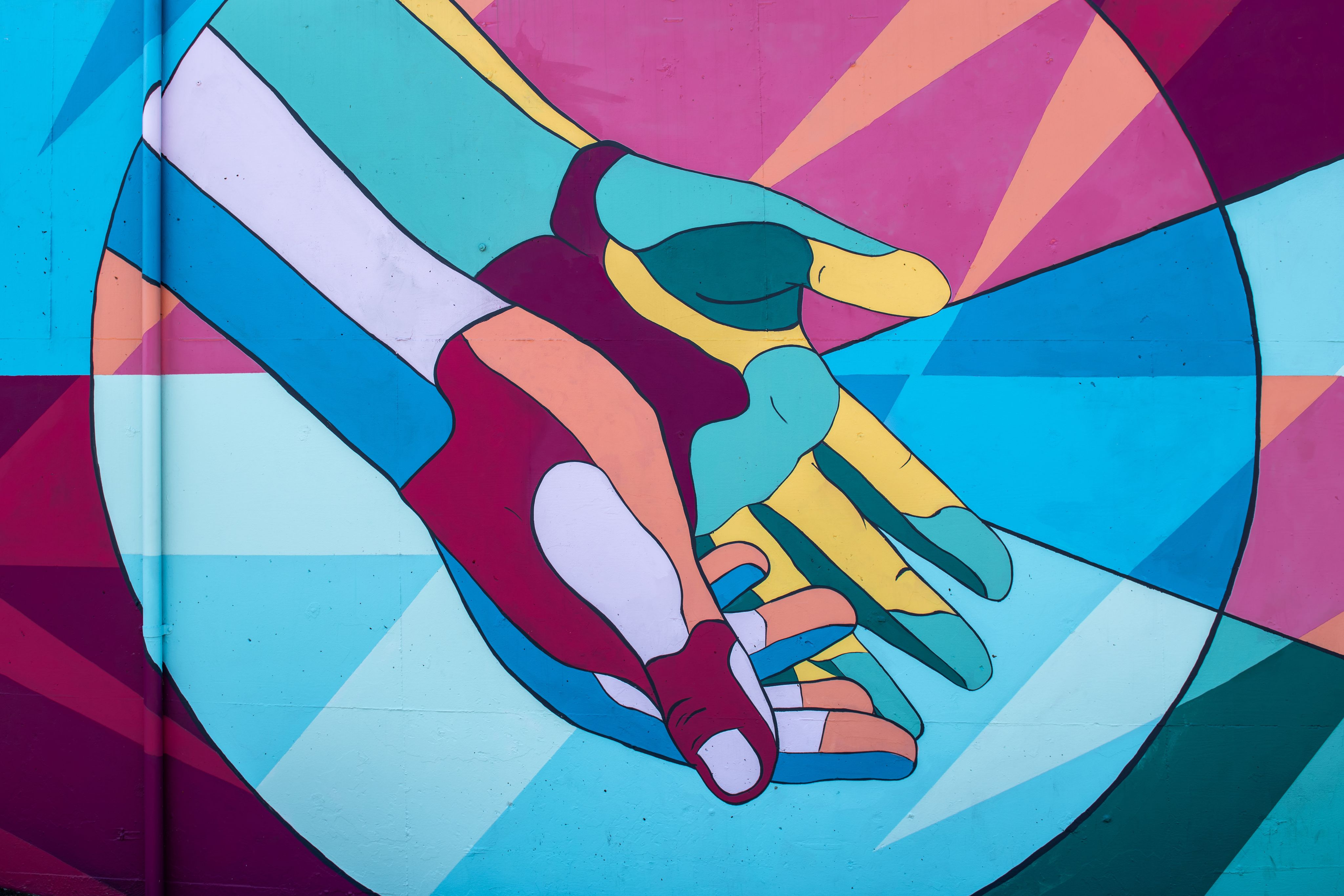Supporting Trans Youth
Messaging tips and considerations for professionals working with trans youth

STRATEGY
With your experience and expertise in caring for trans youth, you are poised to counter gross misinformation, to provide public support for trans people and their families, and to hold policymakers accountable for the harm they are causing. Given the many directions your attention can go (and your full, demanding lives), an overall strategy can help you focus your messaging for maximum impact.
When crafting a communication strategy, you might begin first with the question: Where do we have people? or, Who will contribute to our efforts? Knowing the extent of your communities and your overall reach will help you determine the scope of your undertakings.
The answer will help you decide:
1. What action do you want to effect?
2. Who has the power to effect that action?
3. How will you reach that person/those people?
These questions are important in that the anti-trans politics are a dangerous distraction. Most of these bills won’t pass, but they will provide political cover for verbal and physical attacks on transgender people. They will consume a lot of trans advocates and allies’ time, resources, and energy, who have to not only combat these bills, but care for and support the youth who are being terrorized. I hope this brief guide will help you be strategic with your energy.
Focus your attention on the levers of power that you can move, whether that is to persuade administrators or other officials who can enact change; to provide expert opinions that can be used in legislative proceedings; to better educate the broader public so that such attacks become less tenable; and/or to provide direct aid for trans people and their families.
WELCOME VIDEO
FOCUSING YOUR MESSAGE
*** with particular thanks to Drs. Seth Kahn and GPat Patterson for their wisdom and support.

You might think of your potential audiences under four broad umbrellas: policymakers, professionals, publics, and trans youth/families. With your particular expertise and professional position, you might think of different groups or subgroups. You will also know much more than I do about the specific stakeholders in your local context. Consider this a starting place for sorting your audiences and what you hope to get from them.
Policymakers – the legislators behind these bills do not care about trans youth. While perhaps the few who are “on the fence” may be persuaded by medical opinion, those driving these legislative proposals are completely uninterested in the health and wellbeing of trans youth. If you’re trying to reach them, you will want to engage on a different level. Consider how and from where you can apply political pressure so that anti-trans proposals will no longer be a tenable political strategy.
Professionals – your own colleagues and professional organizations. Some possibilities:
- Are there people who need to be educated about the issues at hand?
- Are there potential allies who need guidance on how to act?
- Can you persuade larger collectives to provide the political cover for more individuals to speak and act out?
- Can you establish professional policies or procedures that would help protect trans youth?
Publics – With your areas of expertise, you may wish to provide the testimonies or data to support trans advocates and organizations. And/or you could work on public-facing messages that combat widespread disinformation. Finally, you could persuade specific constituencies to pressure their legislators (or other relevant officials) about these political actions.
Trans youth/families – Honestly, the above actions would speak volumes for your support of trans people and their families. Beyond that, you may wish to connect with local groups to inquire as to their specific needs.
TIPS
&
CONSIDERATIONS

TIPS & CONSIDERATIONS
- Invite allies with specific tasks Many folks may want to help but have no idea where to begin. Giving them an actionable item is much more straightforward than a general call for support. (For example: share this; call so-and-so; sign this; show up to this hearing)
- Avoid discussing trans people only in the context of tragedy/vulnerability without addressing the structures that make us vulnerable This approach often suggests that vulnerability is an inevitable part of transgender life rather than an active choice made by our social norms and institutions. For some audiences, this may naturalize a connection between transness and suffering.
- Avoid the defensive posture It’s easy to get stuck reacting to their attacks—trying to counter all the misinformation. This is a trap. People spreading lies about trans people frequently don’t care about medical best practices, nor are they swayed by scientific research. Rather, you can shift the frame. For example, instead of engaging in a debate about whether “gender-affirming care for youth is good/bad,” try naming what they’re doing and focusing on the harm they have created or the responsibilities they are shirking.
TIPS: FURTHER DISCUSSION
CONTRIBUTE

This is a living resource.
I'd love to hear from others engaged in this work. If you have experiences, tips, or strategies you'd like to add, I welcome your voice! I'll also add follow up questions to an FAQ below. Please don't hesitate to reach out.
FAQ
... more to come!
Write me at vjohsu[at]austin.utexas.edu
FURTHER RESOURCES
Texas Trans Orgs
Rhetoric & Activism
- Activism & Rhetoric, Lee and Khan
- Twitter and Tear Gas, Tufekci
- #Hashtag Activism, Jackson, Bailey, and Foucault Welles

Photo Credit: K. Ruiz Photography
Photo Credit: K. Ruiz Photography
WHO AM I?
I'm Jo Hsu (they/them), an assistant professor of Rhetoric & Writing, core faculty in Asian American Studies, and a faculty affiliate of LGBTQ Studies at the University of Texas at Austin. My research focuses on the role of narrative in shaping public opinion, cultural norms, and political actions. I focus particularly on how stories about marginalized people shape their lived conditions, and also how changemakers have wielded story for transformative ends.
I'm also trans, queer, disabled, and the child of Taiwanese immigrants. I am the product of courageous and imaginative forged families, of generous educators and mentors, and inventive students who continue to challenge me and help me grow. I don't expect to have the definitive opinion on anything. Drawing from my own research and experience, I offer this as a resource for those who may find it helpful. I tried to highlight central topics/questions that arose from multiple conversations with different groups who work with trans youth. I'm always eager to meet and grateful for co-conspirators in building more just futures.
You can find more about me at www.vjohsu.com and/or click the button below to reach out.